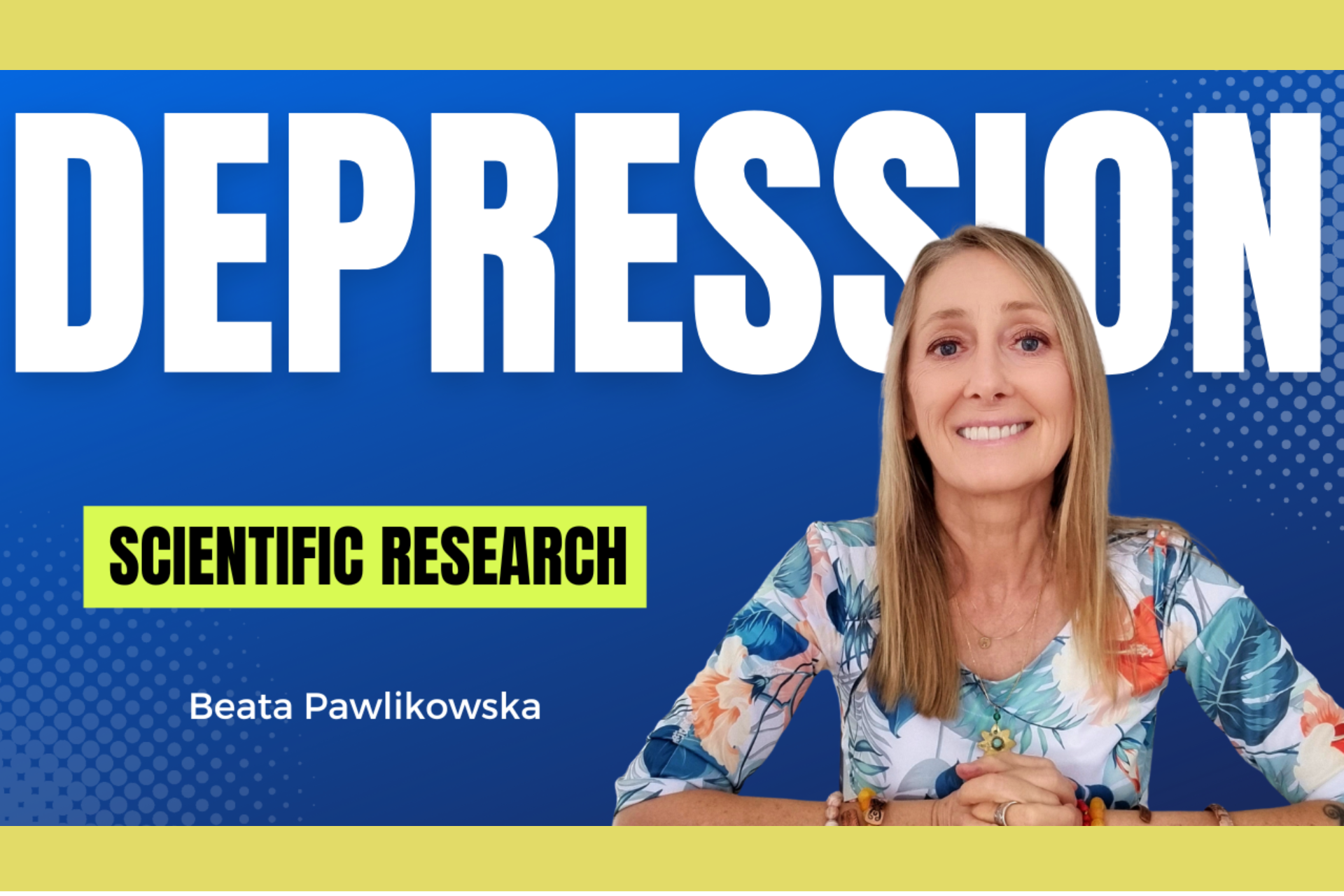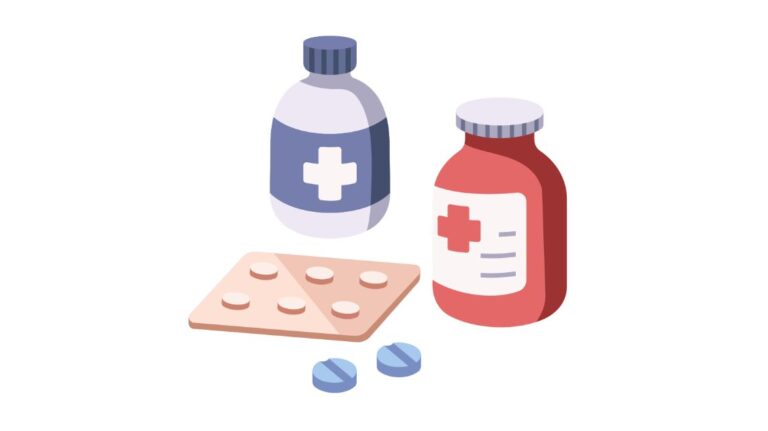Depression. Latest scientific research
Recent research shows that:
• Antidepressants are psychoactive substances that change the way the brain works.
• The cause of depression (or schizophrenia or other mental illness) is not known.
• Antidepressants do not ‘fix chemical imbalances’ in the brain, but rather cause changes in the brain that affect emotions, personality and how the body functions as a whole.
• Antidepressants can cause long-term withdrawal symptoms (73.5% of people), sexual dysfunction (71.8%), weight gain (65.3%), emotional numbness (64.5%) and addiction (43%) .
• In some people, long-term use of antidepressants can make depression worse and cause a chronic state of depression.
Why am I talking about this? As a journalist fluent in English, I have access to the latest scientific research. I want to present the recent finding in hope it might be useful. I am not a doctor, I do not recommend anything. A journalist’s job is to provide information that may not be available to the public and may even contravene the existing way of thinking/behaving on a given issue. I present the facts. You decide what to do with these facts.
This video had been originally presented in Polish and dubbed in English by its author (original version:https://youtu.be/H1DYxF5zIMg).
Research mentioned in the video:
1. Moncrieff, J., Cooper, R.E., Stockmann, T. et al. The serotonin theory of depression: a systematic umbrella review of the evidence. Molecular Psychiatry, 2022.
2. Charles B. Nemeroff, The State of Our Understanding of the Pathophysiology and Optimal Treatment of Depression: Glass Half Full or Half Empty? American Journal of Psychiatry, 2020.
3. Moncrieff J. Antidepressants: misnamed and misrepresented. World Psychiatry, 2015.
4. Moncrieff J, Cohen D, Porter S., The psychoactive effects of psychiatric medication: the elephant in the room. Journal of Psychoactive Drugs, 2013.
5. Moncrieff J, Cohen D,. Do antidepressants cure or create abnormal brain states? PLoS Medicine, 2006.
6. Cartwright C, Gibson K, Read J, Cowan O, Dehar T., Long-term antidepressant use: patient perspectives of benefits and adverse effects. Patient Preference and Adherence, 2016.
7. Albert PR, Benkelfat C., The neurobiology of depression–revisiting the serotonin hypothesis. II. Genetic, epigenetic and clinical studies. Philosophical Transactions of the Royal Society of London, Biological Sciences, 2013.
8. Cowen PJ, Browning M., What has serotonin to do with depression? World Psychiatry, 2015.
9. El-Mallakh RS, Gao Y, Jeannie Roberts R., Tardive dysphoria: the role of long term antidepressant use in-inducing chronic depression. Medical Hypotheses, 2011.
10. Moncrieff J, Cohen D, Do Antidepressants Cure or Create Abnormal Brain States? PLoS Medicine, 2006
11. Ma H, Cai M, Wang H. Emotional Blunting in Patients With Major Depressive Disorder: A Brief Non-systematic Review of Current Research. Frontiers in Psychiatry, 2021.
12. Rütgen M, Pletti C, Tik M, Kraus C, Pfabigan DM, Sladky R, Klöbl M, Woletz M, Vanicek T, Windischberger C, Lanzenberger R, Lamm C., Antidepressant treatment, not depression, leads to reductions in behavioral and neural responses to pain empathy. Translational Psychiatry, 2019.
13. Rütgen M, Pfabigan DM, Tik M, Kraus C, Pletti C, Sladky R, Klöbl M, Woletz M, Vanicek T, Windischberger C, Lanzenberger R, Lamm C., Detached empathic experience of others’ pain in remitted states of depression – An fMRI study. Neuroimage Clinical, 2021.
14. Davies J, Read J., A systematic review into the incidence, severity and duration of antidepressant withdrawal effects: Are guidelines evidence-based? Addictive Behaviors, 2019.
15. Shadrina M, Bondarenko EA, Slominsky PA., Genetics Factors in Major Depression Disease. Frontiers in Psychiatry, 2018.
16. Fava GA. May antidepressant drugs worsen the conditions they are supposed to treat? The clinical foundations of the oppositional model of tolerance. Therapeutic Advances in Psychopharmacology, 2020.
17. Edinoff AN, Nix CA, Hollier J, Sagrera CE, Delacroix BM, Abubakar T, Cornett EM, Kaye AM, Kaye AD., Benzodiazepines: Uses, Dangers, and Clinical Considerations. Neurology International, 2021.
18. Benjamin Ang, Mark Horowitz, Joanna Moncrieff, Is the chemical imbalance an ‘urban legend’? An exploration of the status of the serotonin theory of depression in the scientific literature. SSM – Mental Health, 2022.
19. Penckofer S, Kouba J, Byrn M, Estwing Ferrans C. Vitamin D and depression: where is all the sunshine? Issues in Mental Health Nursing, 2010.
20. Craft LL, Perna FM., The Benefits of Exercise for the Clinically Depressed. Primary Care Companion to the Journal of Clinical Psychiatry, 2004.
21. Gautam M, Tripathi A, Deshmukh D, Gaur M., Cognitive Behavioral Therapy for Depression. Indian Journal of Psychiatry, 2020.
22. Mark Abie Horowitz, David Taylor, Distinguishing relapse from antidepressant withdrawal: clinical practice and antidepressant discontinuation studies. Cambridge University Press, 2022.





